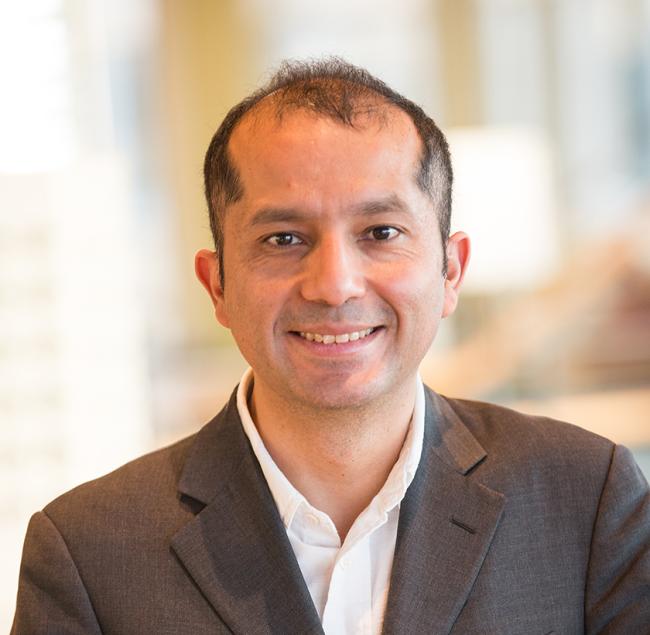Ten million awarded to the Sweden-Japan collaboration MIRAI 3.0
2024-08-30STINT, the Swedish Foundation for International Cooperation in Research and Higher Education, has granted SEK 10 million to the university collaboration MIRAI 3.0. Researchers from 17 universities in Sweden and Japan are going to work in interdisciplinary teams to contribute to the four selected Global Challenges defined within MIRAI 3.0.
– It means a lot that we can now establish an even stronger collaboration within MIRAI 3.0 to engage young researchers who are working to address the global challenges in both countries, says Jorge Solis, Docent in Electrical Engineering and project leader for MIRAI at Karlstad University.
The collaboration within MIRAI 3.0 aims to strengthen internationalisation of education and develop research to contribute to four Global Challenges:
1. Health and an ageing population.
2. Climate adaption, disaster and risk management and prevention.
3. Resilient cities and communities – policies, strategies, local government and urban planning.
4. Materials for energy conversion and storage: renewable energy, solar energy conversion, electrification, sustainable processes and use of resources.
Interdisciplinary teams
Each challenge will have an interdisciplinary team of around ten researchers from Sweden and Japan.
– At Karlstad University, we are represented by two researcher addressing challenge 2 and 3. The idea is to also include our existing collaborations that are relevant to MIRAI 3.0, says Jorge Solis.
Students will also be part of the work. Global Solutions Olympiad allows Swedish and Japanese students to collaborate digitally in interdisciplinary groups to discuss innovative solutions to the four challenges.
Increased mobility for junior researchers
Since the beginning, the MIRAI collaboration has had a big focus on junior researchers, providing them with opportunities to develop their international networks. STINT is now earmarking five of the ten million for the mobility of doctoral students and early-career researchers, allowing them to spend extended periods at partner institutions in the two countries and teach there.
MIRAI the only project granted funding
Over the years of collaboration within the project, the academic ties between the two countries have grown stronger. Among other things, seed funding has been awarded to 51 Japanese-Swedish projects, joint doctoral courses, workshops, and research and innovation weeks have been held, short mobilities for young researchers have been created and matchmaking between industry and academia in Japan and Sweden has been a focus.
Of the 17 applications received in STINT’s call, MIRAI was the only project granted funding. In their motivation, STINT include the breadth of the collaboration in terms of the number of partner institutions and research areas and the potential for significant impact.
– Based on previous work in MIRAI 2.0 and with the new funds from STINT, we will increase our collaboration to meet societal challenges such as climate crises, pandemics and an ageing population, says Jorge Solis.
MIRAI includes ten universities in Sweden and seven in Japan. Umeå University acts as the Swedish coordinating university for MIRAI 3.0, which runs until 2026. Each country has its own budget to finance joint activities within the project. The budget is based on co-financing from the participating universities for joint project coordination.
Link to the MIRAI website
More information about Karlstad University’s involvement in MIRAI (in Swedish)


